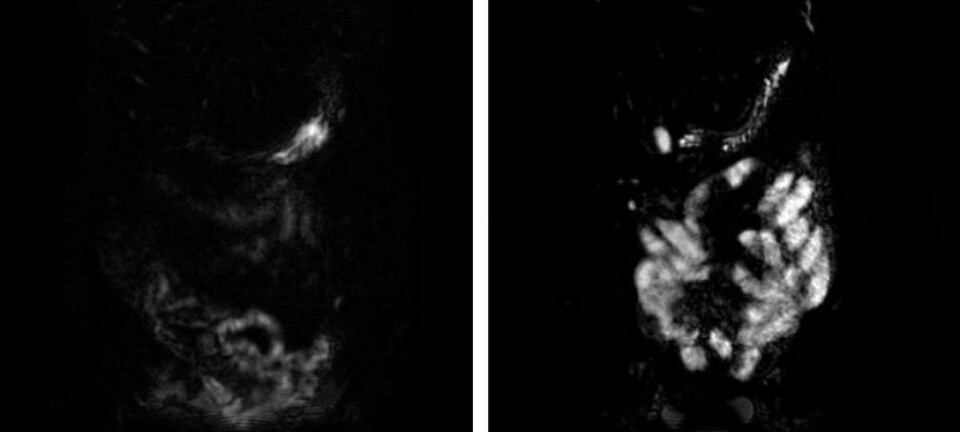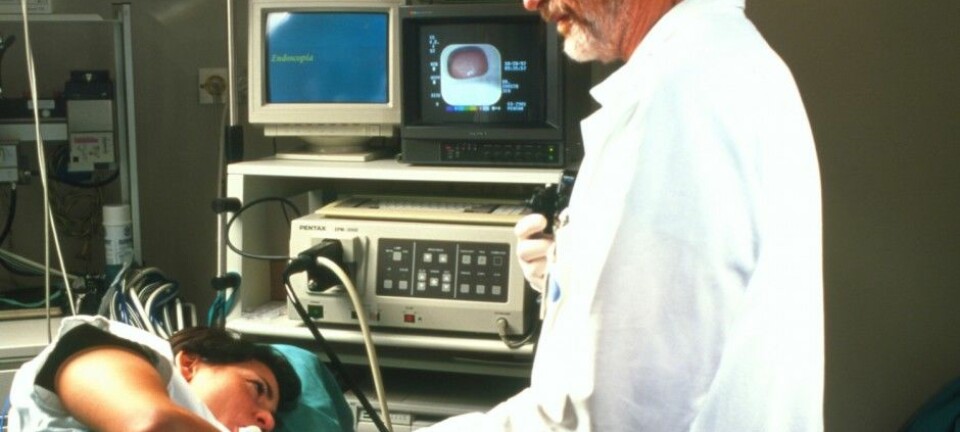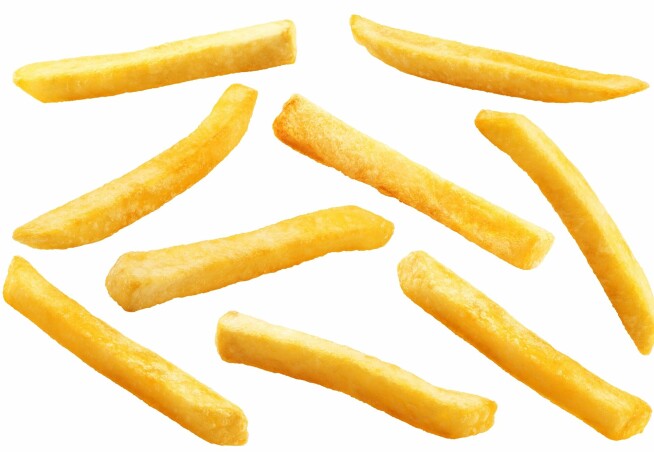
Irritable bowels leak bacteria
In a laboratory test mucous membrane tissue in patients with irritable bowel syndrome (IBS) let twice the numbers of bacteria pass through compared with those of healthy persons.
About one in ten Norwegians suffers from irritable bowel syndrome (IBS). Their most common symptoms are stomach cramps, diarrhoea, constipation and flatulence.
But medical science has struggled to find the cause of this affliction. As late as this summer experts in the field concluded that IBS can have several causes and defined the syndrome as neither a disease nor a mental disorder.
Swedish researchers have now found something that seems to be significantly different between healthy persons and those who suffer IBS.
Live mucous membranes
“People with IBS are often viewed as a diffuse group. Our study shows that patients with IBS actually differ from healthy individuals with regard to how their intestines react to bacteria,” says Åsa Keita at Linköping University in a press release.
She and her research colleagues took tissue samples of the mucous membranes of the intestines among 37 IBS-stricken women and a control group of healthy women.
The researchers kept this tissue alive in a laboratory and investigated how it reacted to bacteria, both beneficial bacteria which should be found among normal intestinal flora and harmful salmonella bacteria which have earlier been linked to IBS.
“The tissue samples from IBS patients let twice as many bacteria pass through as tissue from healthy persons,” said Keita in an interview with Sweden’s national broadcaster, Sveriges Radio.
Far from a cure
Doctors say that the mucous coating in the large intestine is the first line of defence against intestinal bacteria.
“The findings are not directly transferable to the reality in patients and has to be analysed more,” stresses Keita.
“But we see that there is something that makes the layers of the mucous membrane more sensitive to bacteria among those afflicted than among healthy persons.”
Keita calls for patience regarding a prospective cure for IBS.
“This would have to be much further down the road,” says Keita.
Sufferers are currently advised to give consideration to their eating habits – their diets. A study last year concluded that persons with IBS can improve by avoiding consumption of beans, lentils, onions and cauliflower.
-------------------------------------
Read the Norwegian version of this article at forskning.no
Translated by: Glenn Ostling








